Bioengineered immune cells have long been hailed as a breakthrough in the fight against cancer. However, a common hurdle faced by these cells, known as CAR T cells, is their tendency to become exhausted during prolonged battles with cancerous cells. Now, in a remarkable stride forward, two separate research teams have uncovered a novel strategy to rejuvenate these immune warriors: by imbuing them with stem cell-like properties.
In two groundbreaking papers published recently, researchers detail how boosting the levels of a specific protein in CAR T cells can breathe new life into these cells, enhancing their ability to combat cancer. This discovery heralds a new era in cancer immunotherapy, opening doors to more effective and durable treatments for patients battling various forms of the disease.
CAR T cells, crafted from a patient’s own immune cells, are engineered to recognize and target specific proteins found on the surface of cancer cells. While these cells have shown remarkable efficacy in certain blood cancers, their effectiveness in solid tumors has been limited by issues such as exhaustion and short lifespan within the body.
The research, led by teams from esteemed institutions including Stanford University and the University of Pennsylvania in the United States, as well as the Peter MacCallum Cancer Centre in Melbourne, Australia, sheds light on the role of a protein called FOXO1 in rejuvenating CAR T cells. By enhancing the levels of FOXO1, researchers observed a transformation in the gene activity of CAR T cells, rendering them more akin to potent T memory stem cells.
In animal studies, CAR T cells engineered to produce elevated levels of FOXO1 exhibited enhanced efficacy in shrinking tumors and prolonging survival compared to standard CAR T cells. Moreover, these rejuvenated cells displayed improved metabolic activity, conferring them with greater longevity within the body.
Excitingly, the findings from these studies hold promise for translation into clinical applications. Discussions are already underway to explore the feasibility of testing FOXO1-enhanced CAR T cells in human trials, with potential commencement within the next two years. Furthermore, ongoing clinical trials investigating the effects of other master-switch proteins, such as c-Jun, underscore the multifaceted approaches being pursued to bolster CAR T cell therapies.
The implications of these discoveries are profound, offering renewed hope for cancer patients worldwide. By harnessing the regenerative potential of stem cell-like properties, CAR T cell therapies may soon evolve into even more potent weapons in the arsenal against cancer. As we continue to unravel the complexities of the immune system and molecular biology, the horizon of cancer treatment shines brighter with each scientific breakthrough.
In closing, the journey towards conquering cancer is paved with innovation and collaboration. With each stride forward, we inch closer to a future where cancer is no longer a formidable foe but a conquerable adversary. The dawn of rejuvenated CAR T cells represents not just a scientific achievement but a beacon of hope for millions affected by this relentless disease.




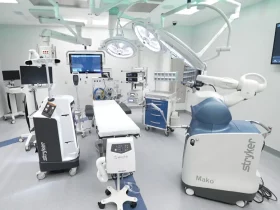





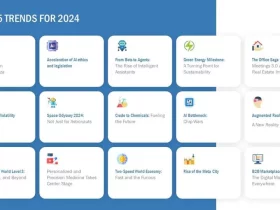













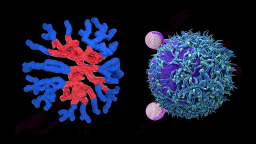
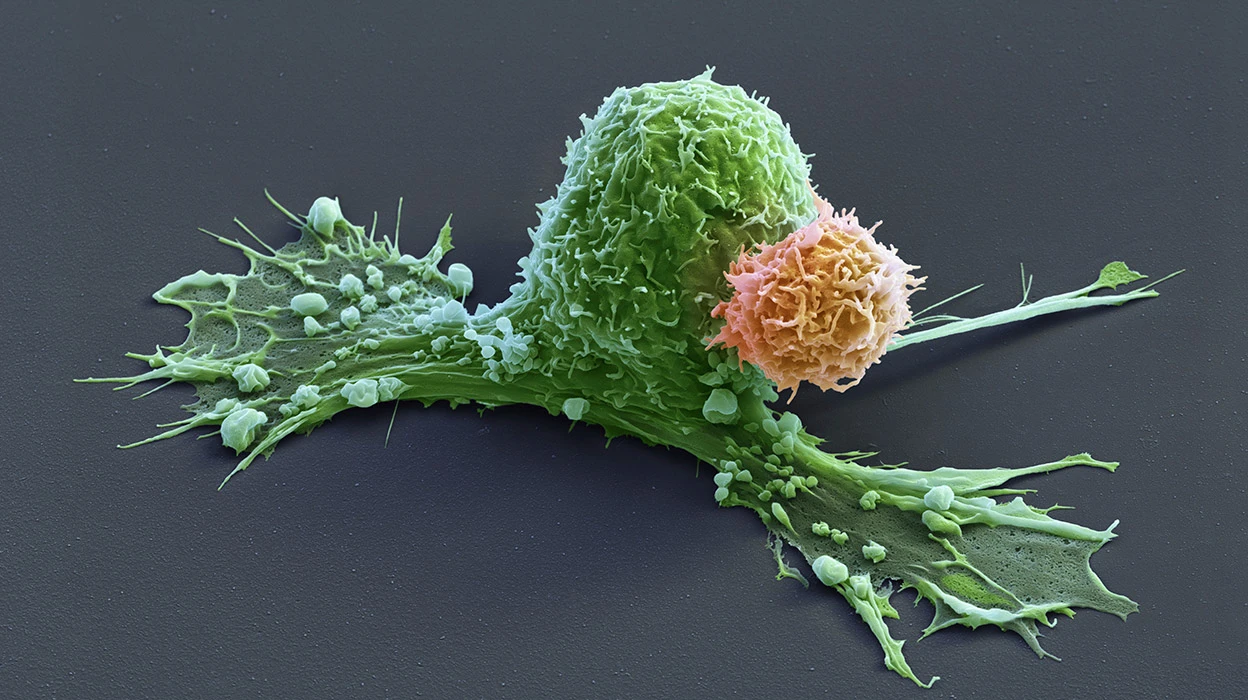
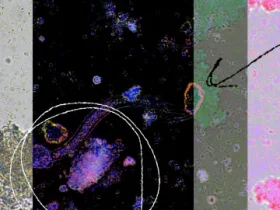



Leave a Reply